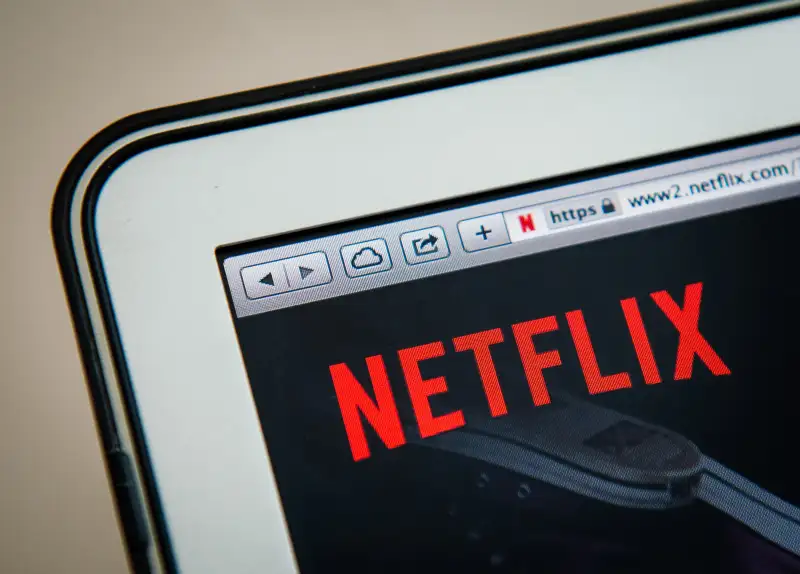Netflix Says the FCC Should Crack Down on Annoying Internet Data Caps

Netflix says that broadband Internet data caps are unreasonable, unfair, and serve no legitimate purpose in the marketplace. The streaming video giant is asking the FCC to pressure Internet providers to stop charging customers based on how much Internet they use, so that people can—among other things—stream as much Netflix as they want, without paying extra.
Comcast and other home Internet providers have slowly been instituting these caps—or "data thresholds," as they prefer to call them—in select markets around the country. The plans allow Internet providers to charge customers more when they surpass a monthly data allotment.
Naturally, consumers have complained mightily about the plans, which can result in surprising fees being tacked onto monthly bills. After coming under widespread criticism, Comcast decided to raise data threshold levels in some markets as of June 1.
But any plan that discourages consumers from using the Internet freely is obviously bad for consumers, and it's especially bad for a streaming service like Netflix. So it's understandable why Netflix reached out to the FCC recently concerning data caps, as Ars Technica reported.
In its filing sent to the FCC, Netflix wrote:
"Data caps (especially low data caps) and usage-based pricing ('UBP') discourage a consumer’s consumption of broadband, and may impede the ability of some households to watch Internet television in a manner and amount that they would like. For this reason, the Commission should hold that data caps on fixed-line networks--and low data caps on mobile networks--may unreasonably limit Internet television viewing."
Quite simply, "Data caps and UBP raise the cost of using the the connections that consumers have paid for, making it more expensive to watch Internet television," Netflix wrote.
Read Next: Why Comcast Keeps Insisting Its Data Caps Aren’t Caps—and That They’re Fair
Comcast has argued that data caps are fair because they charge more to people who use more data. But Netflix says, "Data caps on fixed-line networks do not appear to serve a legitimate purpose."
Internet providers don't incur significantly higher costs due to customers using more data, and the data caps do not help lower congestion and improve Internet speeds. So instead of serving a legitimate purpose, data caps seem to be a simple money grab.
